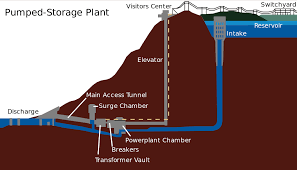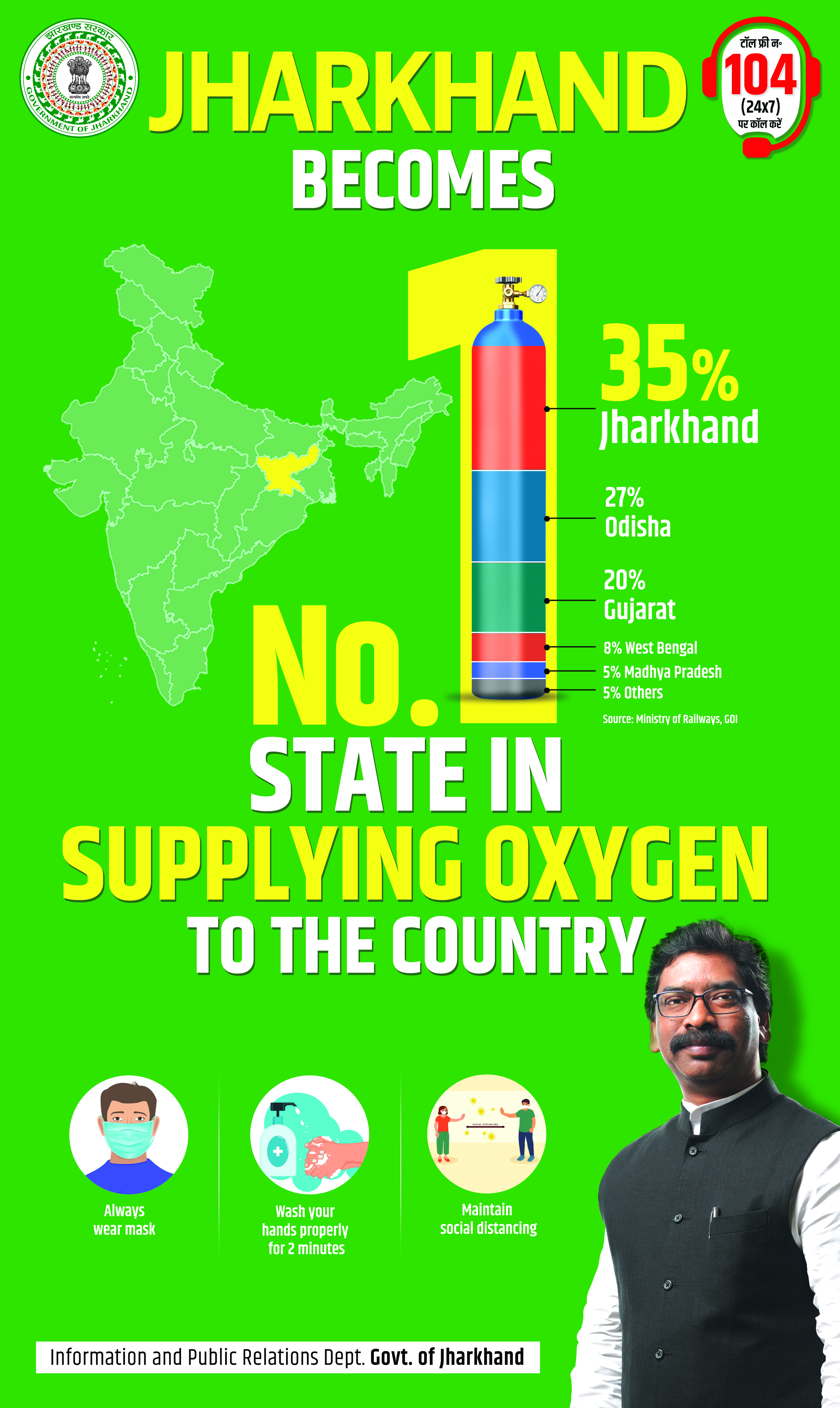
*Image credit Wikipedia
The government has taken various steps recently in order to ensure that Pumped Storage Projects (PSPs) get commissioned on a fast track, thereby accelerating the growth of India’s renewable energy capacity.
To cite a recent example, the Central Electricity Authority (CEA) has accorded concurrence to the Upper Sileru Pumped Storage Project (PSP) of 1350 MW being developed at Sileru, Alluri Sitharama Raju district of Andhra Pradesh by APGENCO (A Government of Andhra Pradesh Undertaking) in a record time of 70 days against the stipulated timeline of 90 days.
A Revamped Process for Approval of Pumped Storage Projects
To expedite the process of concurrence of Hydro PSPs, the Central Electricity Authority, Ministry of Power, Government of India has recently revamped the process for concurrence of Detailed Project Report (DPR) of these projects.
Single Window Clearance, Nodal Officers of CWC and GSI
One, the CEA has established a Single Window Clearance Cell for this purpose. Two, the Central Water Commission (CWC) has nominated nodal officers for fast-tracking the clearance of design aspects. It has also designated more groups for examination of design aspects of DPRs to further fast-track the clearances. Thirdly, the Geological Survey of India (GSI) has also nominated nodal officers for fast-tracking the clearance of geological aspects of DPRs, and CEA has requested GSI to involve their subordinate and field offices in states to further fast-track the clearances.
Speeding up Environmental Clearances
With continuous efforts of CEA and the Ministry of Power, the Ministry of Environment, Forest & Climate Change (MoEF&CC) has agreed to appraise Off Stream Closed Loop PSPs with specific Terms of Reference (ToRs). MoEF&CC has also notified to appraise PSPs (on existing reservoirs) under B2 category (wherein no Environmental Impact Assessment is required), subject to certain conditions. These considerations will drastically reduce time in getting Environment Clearance for these PSPs.
Compressed Timelines for Approval of DPRs
The CEA has also published revised Guidelines for Formulation and Concurrence of DPR of PSPs.
Under the revised guidelines, the timeline for concurrence of DPR of following PSPs has been reduced from 90 days to 50 days:
PSPs awarded under section 63 of Electricity Act, 2003 (determination of tariff by bidding process)
PSPs which are part of Integrated Renewable Energy Projects that contain other RE sources such as wind energy, solar energy etc.
PSPs being developed as captive plants or merchant plants.
Timeline for concurrence of DPR of other PSPs has been reduced from 125 days to 90 days.
The identified potential of PSPs in the country is about 119 GW (comprising 109 PSPs). Out of this, 8 projects (4.7 GW) are under operation, 4 projects (2.8 GW) are under construction, CEA has given concurrence for 2 projects (2.3 GW) and construction of these two projects is slated to start shortly.
Further, 33 projects (42 GW) are under Survey & Investigation for preparation of DPRs. Out of these 33 projects, the Ministry of Environment, Forest & Climate Change has already given Terms of Reference to 22 projects.
Importance of Pumped Storage System for India’s Energy Future
Hydro Pumped Storage Projects are necessary to achieve Government of India’s commitment of 500 GW installed capacity from non-fossil fuel sources by the year 2030 and Net Zero carbon emissions by the year 2070. PSPs will help integrate intermittent Renewable Energy with the Grid. It will enable supply of dispatchable RE power and help in meeting the peaking requirement of the Grid.
In recognition of its role, 39 Hydro PSPs of 47 GW are being pursued to be commissioned by the year 2029-30.
Pumped Storage System utilises surplus grid power available from thermal power stations or other sources to pump up water from lower to upper reservoir and reproduces power during peak demand when there is a scarcity of power.
